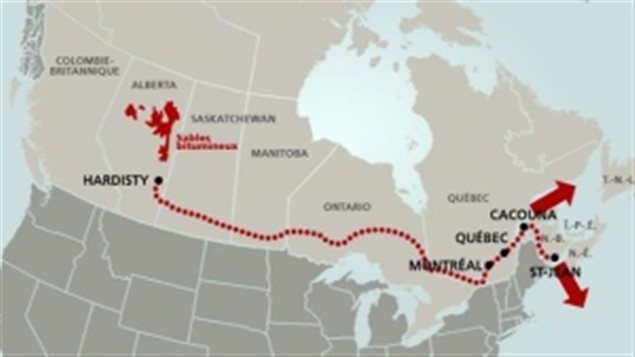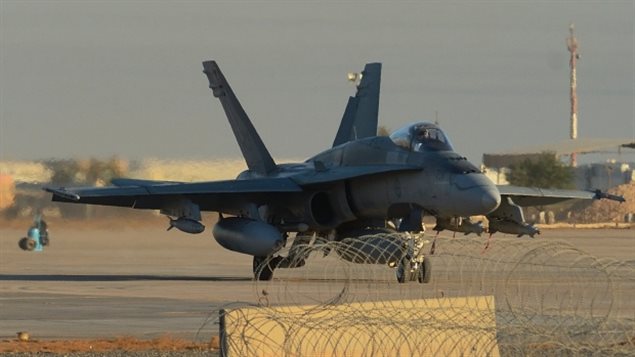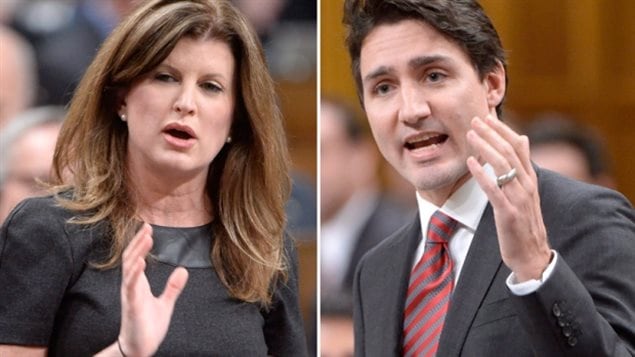Although Canada’s new government was elected in October and did sit briefly before the Christmas/New Year break, today, January 25th, marks the first full sitting of Parliament.
Prime Minister Justin Trudeau in the interval has been touring several countries and holding high-level meetings. He is just back from a meeting in Davos, Switzerland and the World Economic Forum.
He told business leaders and other politicians there that he wants Canada to be known not for “its resources, but for Canadian resourcefulness”.
Still, resources will be front and centre as one of the contentious issues this session as will the economy, and re-examining several laws passed by the previous Conservative government.
The latter includes repealing or modification to:
- -Bill C-24 which allows government to strip Canadian citizenship from dual citizens who are convicted of terrorism-related offences.
- -Bills C-377 and C-525 which requires trade unions to indicate how they spend union members dues, and make it harder for unions to organize workers in federally-regulated workplaces
- -increase government oversight, and remove certain sections of C-51 the anti-terrorism law, which many have criticized as infringing on personal rights and privacy.
The Conservatives, now sitting as the official opposition, will press the government on pipeline issues, especially the one known as “Energy East”. Quebec mayors in Laval and Montreal say they don’t want Alberta crude running through the pipeline passing through their areas as the potential risk and costs of a spill far outweigh financial benefits.

The Conservatives, (along with the Alberta premier, and Calgary mayor) say that pipeline, and others, represent multi-billion dollar projects that will employ thousands of Canadians. The pipeline battle has the potential to become a divisive east-west issue
The new government also wants to stimulate the econonmy by ensuring a ten billion dollar fund set aside by the previous government is freed up quickly to get various infrastructure projects going. They say they will also be adding new money to the plan, some $60 billion over a ten year period, with $17 billion in their first mandate.
This will be part of their budget due in March.

The Conservatives also want to press the government to sign international trade deals they had negotiated. Prime Minister Trudeau has said he is eager to ratify the Canada-EU deal known as CETA (comprehensive Economic Trade Agreement). There has been considerable public disagreement with such deals, especially the TPP (Trans Pacific Partership) which was negotiated by the Conservative government but is not yet ratified. The Liberals will sign the deal, but ratification remains in some doubt.
Another major debate will be over Canada’s role in fighting terrorism. The Liberals have said they will withdraw Canada’s six fighter jets from bombing ISIS, but will send more troops to train Kurdish fighters. There is no date set for these actions.
Additional information-sources







For reasons beyond our control, and for an undetermined period of time, our comment section is now closed. However, our social networks remain open to your contributions.